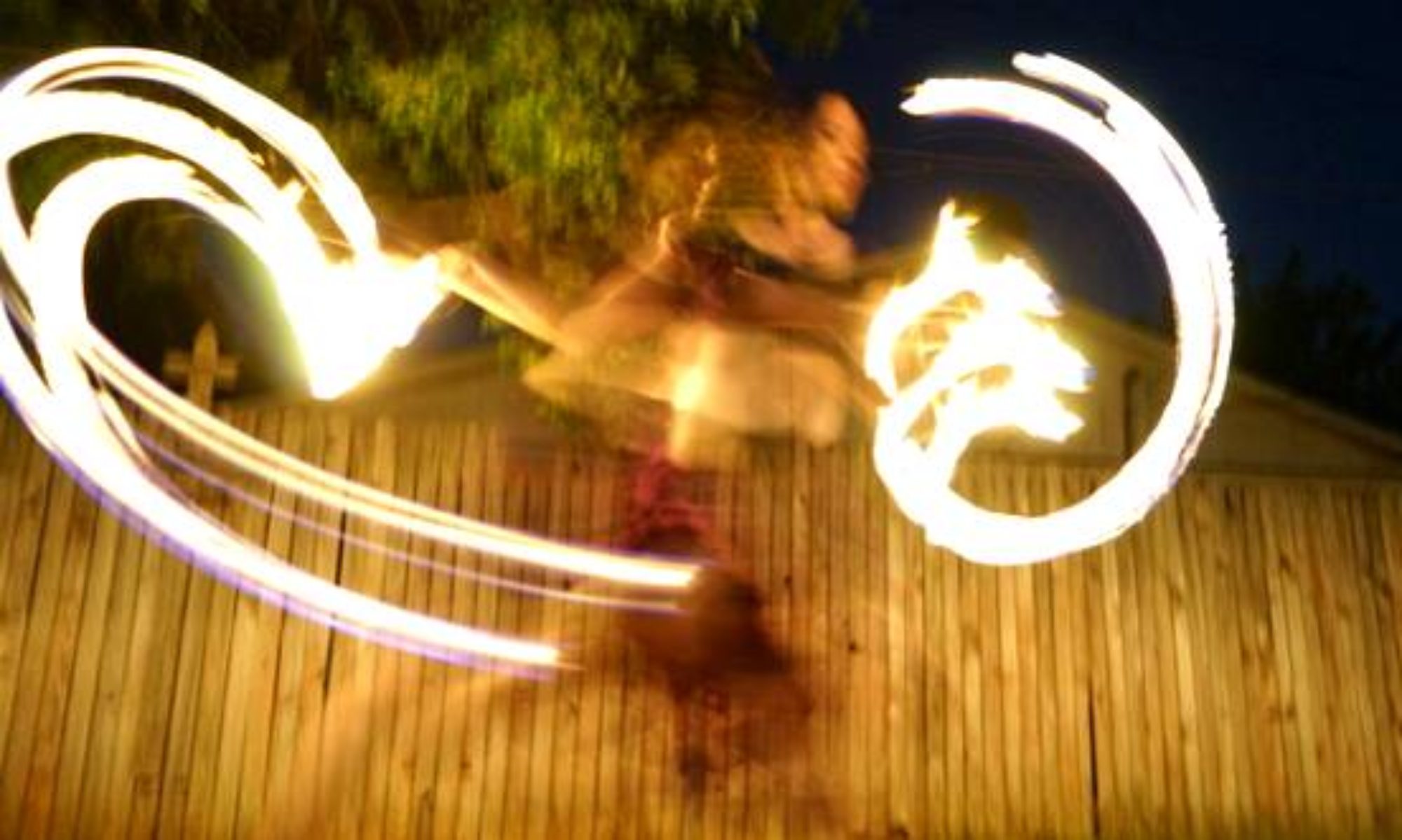My favorite yoga teacher has a beautiful way of responding any time she flubs a cue in class.

Yes, she flubs. She gets her own groceries, too. (Yoga Teachers: They’re Just Like Us!)
She says “my best,” at times (and with a similar tone) that I might say, “my bad.”
And I love this.
Because why reinforce a mistake as something inherently bad when we know they’re bound to happen? Why attach so much judgment to something as integral and inevitable as one’s learning process?
I should point out here that I mean a difference between judgment and discernment. Discernment, in this case, is a neutral awareness. It is perception without judgment. On the other hand, judgment indicates perception with the attachment of opinions, which, as we know, are subjective to begin with.
So to my mind the phrase “my best” as an acknowledgment of a misstep is a judgment-free way of saying, “I know I have room to grow, but here I am, doing My Best.”
Because all I can do at any given time is my best, right? And my best, right now, is not the same as my best was yesterday. It won’t look the same as my best tomorrow. It won’t look like my neighbor’s best, my teacher’s best, my sister’s best, or anyone else I might think to compare myself to (a hazard in itself, of course).
True on the yoga mat, true in life.
My teacher stumbles over a cue and says, “my best,” and I can hear the smile in her voice. I can hear a tenderness, a genuine acknowledgement of effort, a forgiving embrace of the beautiful imperfection of it all.

What is this obsession with the unattainable state of “perfection,” anyway? Tell me, who can consistently and sustainably live up to that kind of standard? I have put off so many creative projects in my life waiting for the “perfect” conditions to arise. (This website and all its content, current and projected, were all ideas gathering dust for months while I tried to figure out the “perfect presentation” of everything I wanted to share.)
Guess who realized perfection would take way too long to attain and decided to be unapologetically flawed instead? (Two thumbs, goofy grin: this gal.)
Instead, I’m finding it much more useful — much more forgiving — if I just acknowledge to myself each day, “this is what my best looks like today.” Some days that statement is bursting with pride, accompanied by a multimedia presentation highlighting exactly how and when and how often I showed up in a way that earned a BIG GOLD STAR! (What? Not like a blog post, I don’t know what you’re talking about…) Some days it’s all I can do to manage the words from a puddle on the floor, where they become more of a solemn admission (or prayer of hope) that at least tomorrow’s best will be different, which is something to hold on to.
Each day offers an opportunity for this simple, honest check-in:
Am I doing My Best? Am I wholeheartedly present in my offering of the moment, regardless of what that looks like?
If the answer is no, then what would My Best look like based on the unique conditions of this day?
When the answer becomes Yes, honor that.
Simple. Honest. Give it a try and let me know what you think.
This post is part 1 of a 3-part series of musings on my changing relationship with the idea of perfection. Check back this Thursday for part 2, in which I explore my most recent attempt to embody the My Best mindset on a less-than-ideal day.


You must be logged in to post a comment.